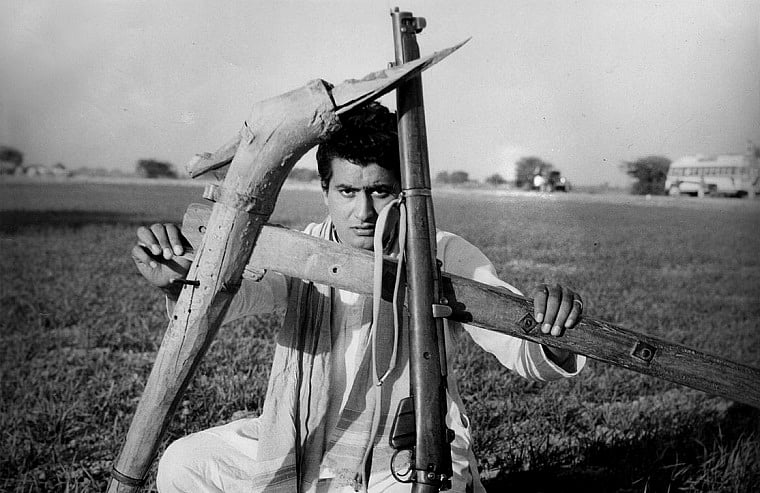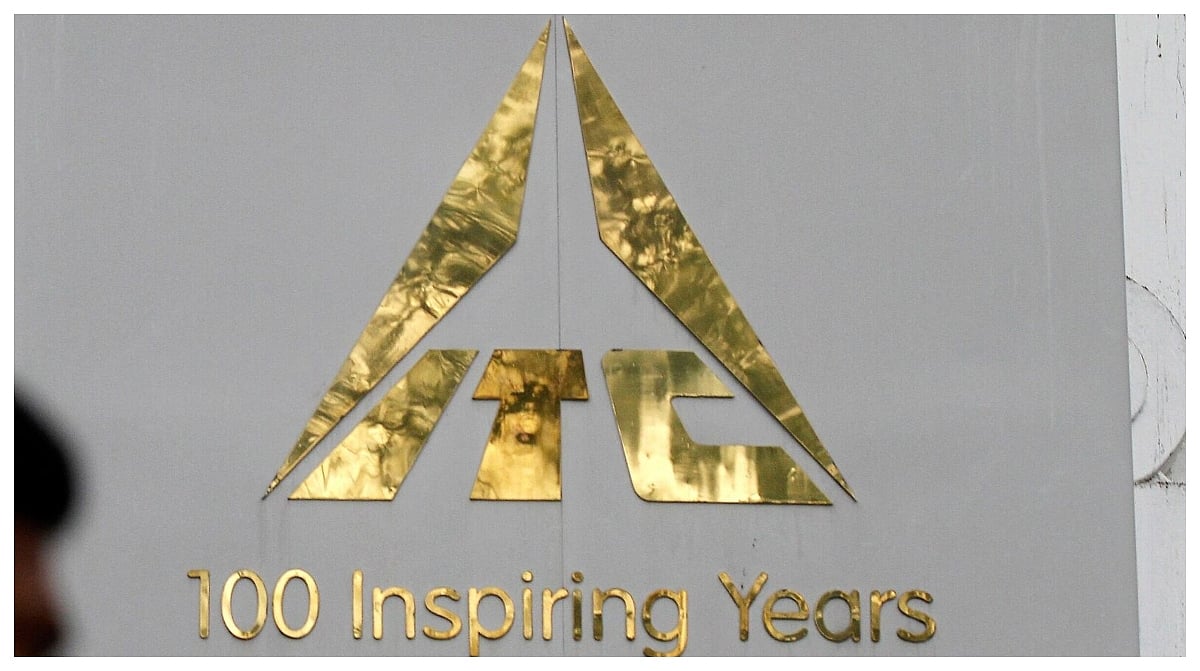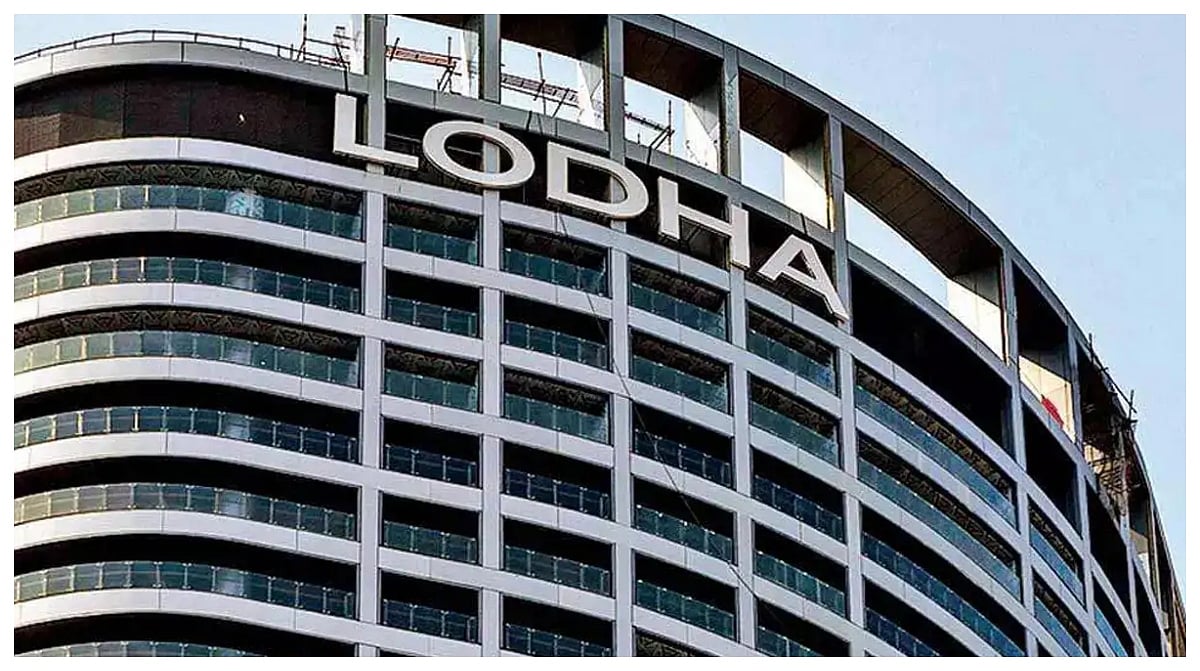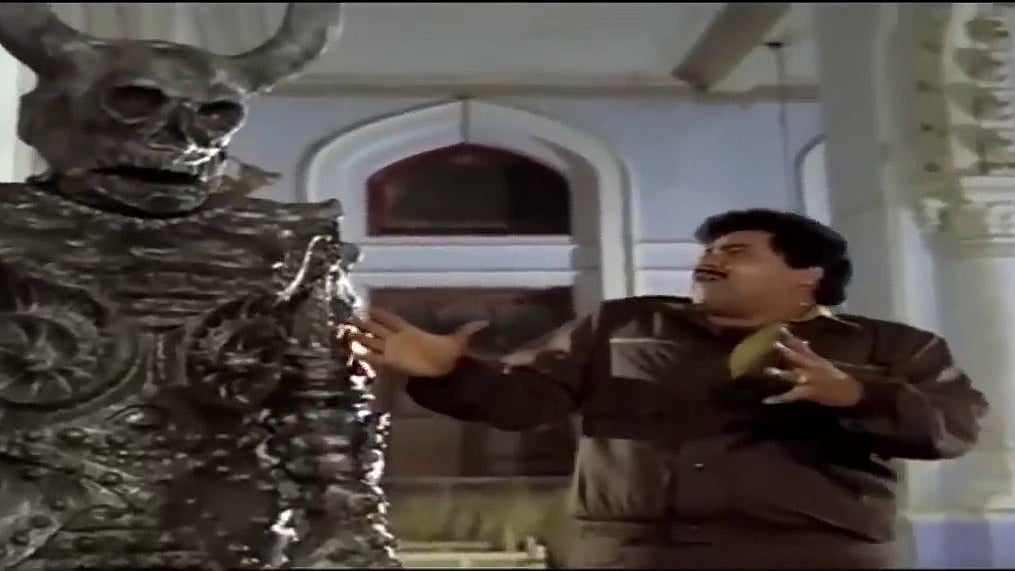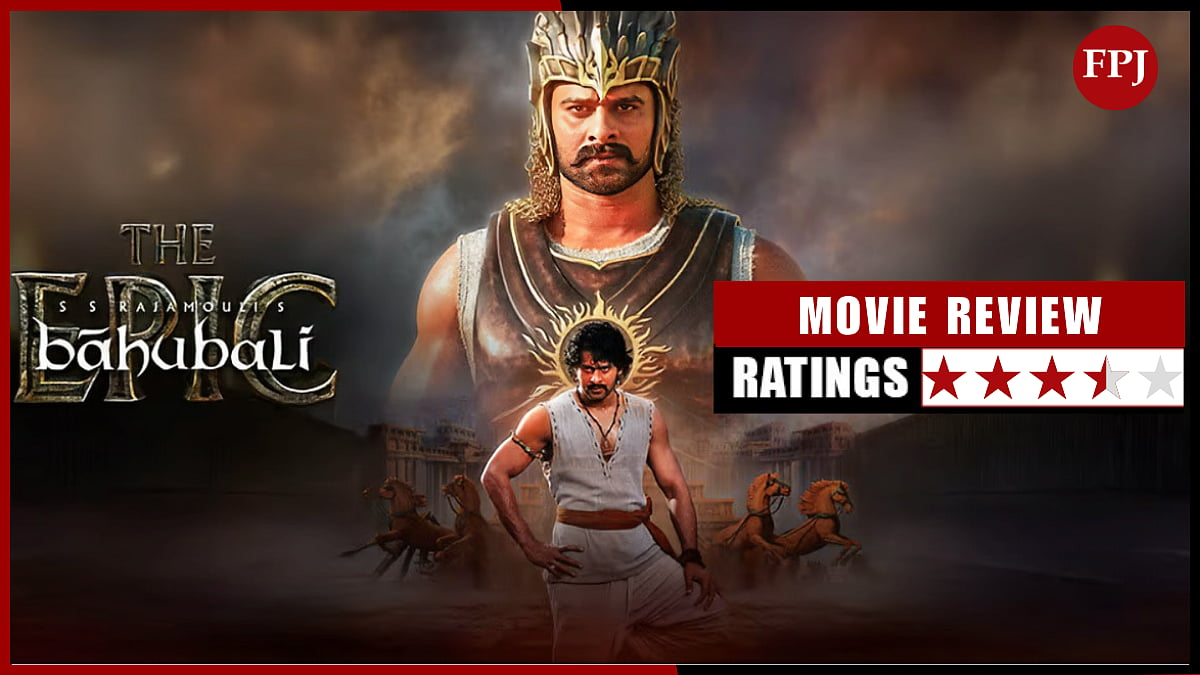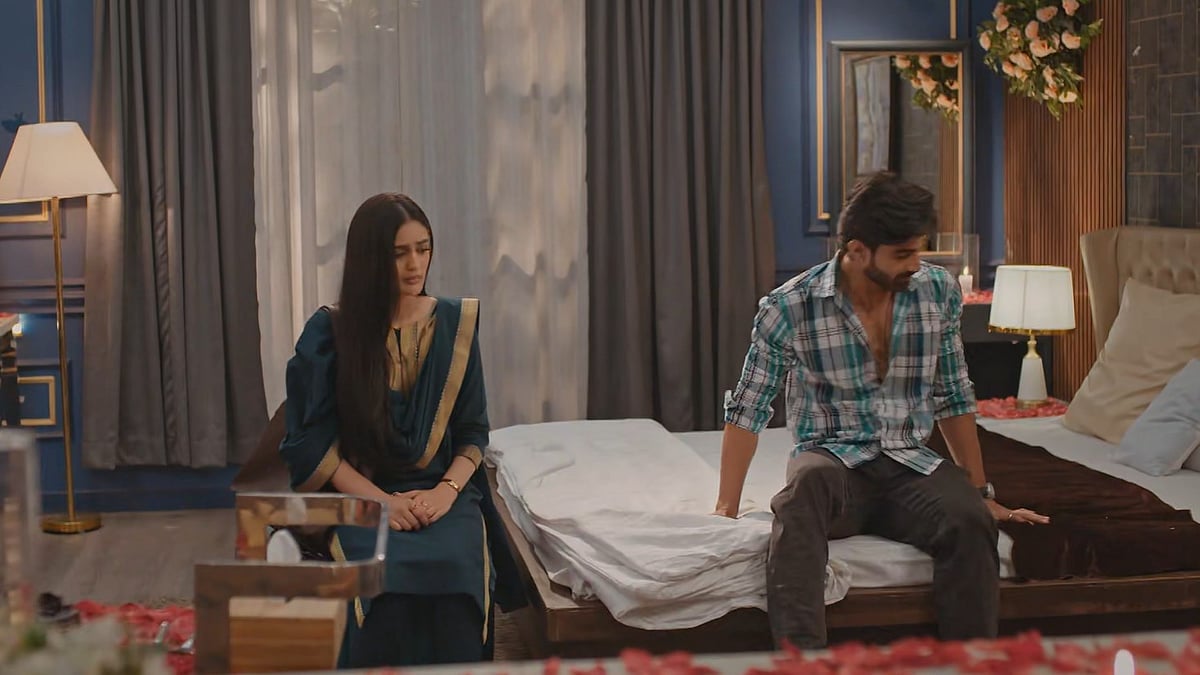It is a widely known fact that Manoj Kumar conceived Upkar in the mid-60s on the theme of ‘Jai Jawan Jai Kisan’ suggested by the then Prime Minister, Lal Bahadur Shastri. He dedicated the creation to the respected politician’s sacred memory, duly mentioning it in the opening titles. Upkar, written during a train journey, not only gave the writer-director a new image of Bharat Kumar, but also laid the foundation for his series of patriotic movies, post its mega-success. However, while working on its fabulous soundtrack, who would have thought that one of their musical creations from the film will almost become a second anthem of the nation in the coming times.
Releasing two decades post-independence, the song, Mere desh ki dharti from Upkar, was an instant hit. Such was its popularity that it later became a part of both Independence and Republic Day celebrations, like a ritual, all over the country. Even in the third decade of the new millennium (after over 50 years of its conception), it remains the first song selected and played at any cultural programme celebrating the historical days; at times even at official government events. A few years back, it was also quoted by a judge in the judgement while commenting upon the spirit of nationalism in the youth. As a pleasant surprise, the song got a new meaning when former Indian Cricket captain Sunil Gavaskar sang Mere desh ki dharti sona ugley, ugley heerey moti while celebrating javelin-thrower Neeraj Chopra’s Gold medal win at the recently-concluded Tokyo Olympics. Gavaskar's viral video resonated with Indians throughout the country.
This new association with the Gold medal was in reality quite similar to how the poetic expression was initially written by its poet/lyricist Gulshan Bawra, while working as a goods-clerk in the Railways during the mid-50s (a decade before Upkar was made).
Wandering and noting the proceedings in the railway godown, as Gulshan witnessed hundreds of sacks of rice and wheat being unloaded from the trains, their yellowish, gold-like visuals inspired him to write the verses beginning with Mere desh ki dharti sona ugley. The poem stayed with him for many years till Manoj Kumar heard him sing it during one of their journeys together. He liked the opening phrase and recalled the same while making Upkar, and asked Gulshan to work on it as a song.
Shared by the director in an interview, though he loved the expression, but didn’t like the continuing words as Mere desh ki dharti sona ugley, jawanon bhar lo jholiyan, khushi se bolo boliyan. The phrase was thus finalised as Mere desh ki dharti sona ugley, ugley heerey moti, that made both the lyricist and the music directors, Kalyanji-Anandji, unsure of its impact as the writing sounded incomplete with only one line in its opening verse (mukhda). However, following the strong conviction of their director, the song was written and composed beginning with the single line phrase, becoming one of the rare songs of its kind, defying the set pattern of Hindi film music. It eventually won Gulshan Bawra his first Filmfare trophy for the Best Lyricist in 1968.

Interestingly, the story of its making doesn’t end here as shared by Kalyanji-Anandji recalling the time when Manoj Kumar questioned them, whether they would be able to give an authentic rural feel to the song as per the script. The composer duo spiritedly took up the challenge and responded “we will give you that feel, but will you be able to picturise it on the screen, visualising an entire day in the rural ambience beginning from the early morning to dusk?” The creators agreed to deliver their part, and the result was a cult classic song in terms of lyrics, music, and visuals, beautifully sung by Mahendra Kapoor, and directed by Manoj (Bharat) Kumar. It also awarded Kapoor the National Award of Best Playback Singer for his soulful rendition of the song in 1968.
So, this Independence Day, revisit the memorable creation and see how it has an unusual one-line mukhda that has turned immortal with time. And how its visual depiction begins from the birds chirping and farmers coming to their fields in the morning to the sunset, painting a mesmerising picture of the daily activities in rural India. Besides, the intelligently-composed modern interludes of the song also point towards the westernised culture followed by the youngsters, representing the existence of a dualistic Indian economy since independence.
(The writer is a critic-columnist, an explorer of cinema and author of ‘Did You Know’ series on Hindi films also active at bobbytalkscinema.com)
